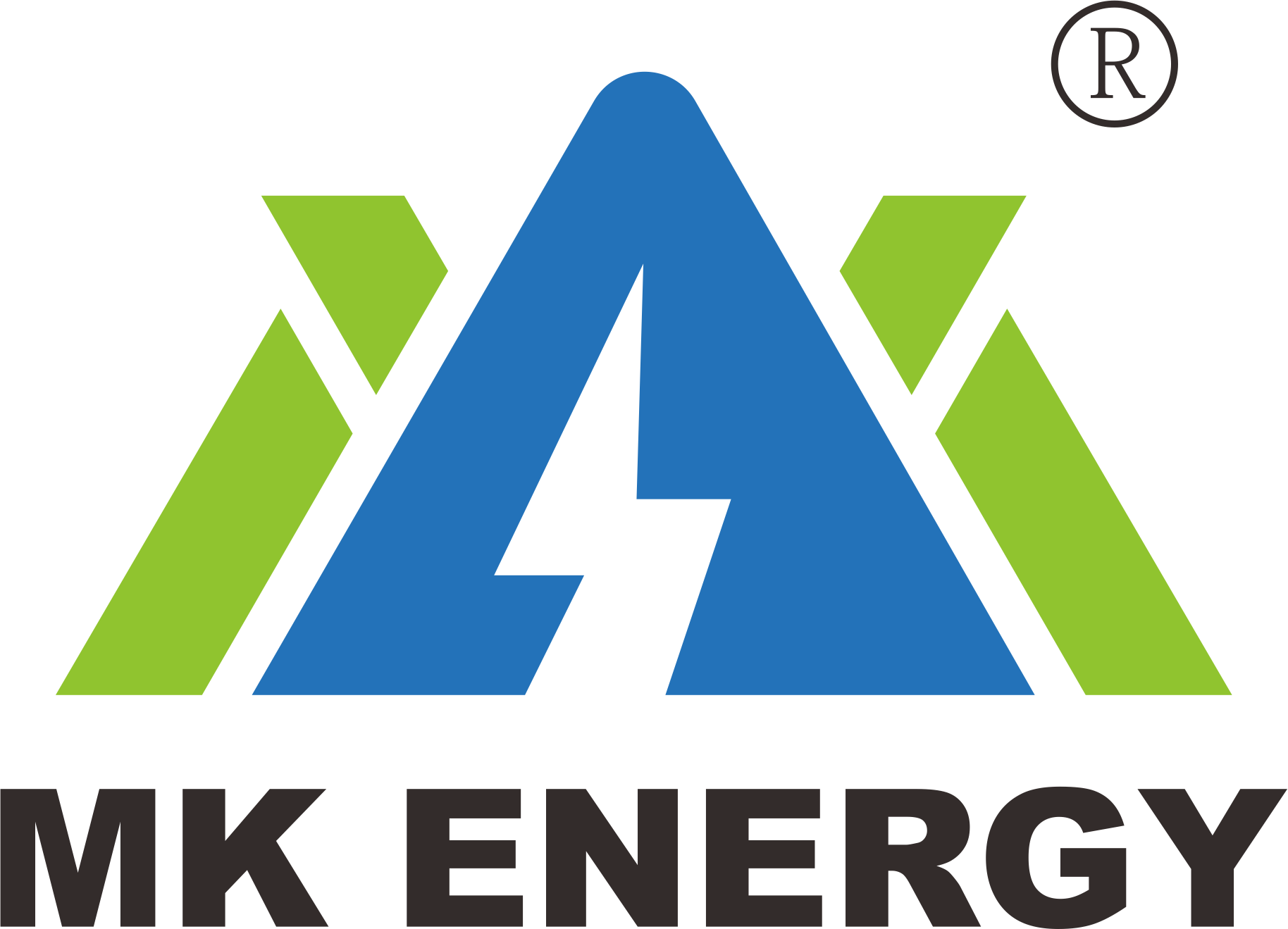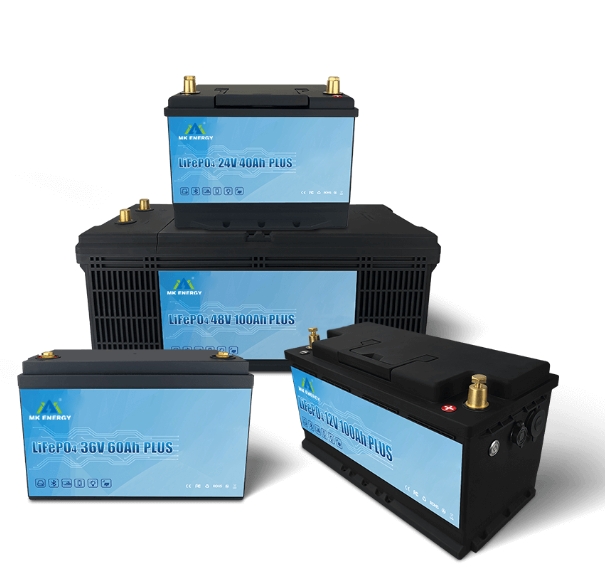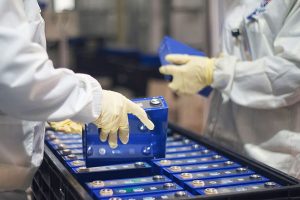As a renewable energy storage factory, MK Energy faces challenges raised by consumers and issues arising from new energy sources every day. As user demand for clean energy rises, efficient and reliable energy storage solutions become increasingly urgent. This article sheds light on ongoing research and development work on lithium battery technology in renewable energy storage factories.
Renewable energy storage factory develops lithium battery chemistry
The exploration and development of lithium batteries for renewable energy storage plants lies in high-energy cathode materials. Traditional lithium-ion batteries usually use cobalt-based cathode materials, which are expensive and scarce. And explore alternative cathode materials such as LiFePO4, LMO, and NMC to reduce dependence on cobalt and improve the sustainability of lithium battery production. Advances in lithium battery anode materials also help improve the performance and durability of lithium batteries. Graphite has been the primary anode material in lithium-ion batteries because of its stability and conductivity. However, researchers are investigating alternative anode materials such as silicon, lithium titanate, and lithium metal to increase energy density, enhance cycle stability, and reduce charging times. These advances in exploring these technologies could improve lithium batteries’ overall efficiency and performance in renewable energy storage applications.
Innovation in the lithium battery manufacturing process
One of the areas of technological innovation in lithium battery manufacturing at renewable energy storage factories is the development of advanced electrode manufacturing technology. Because the traditional electrode manufacturing process involves slurry coating, calendering and drying steps, these steps are time-consuming and energy-consuming. Our researchers have developed alternative electrode manufacturing methods, such as dry electrode manufacturing, direct deposition techniques, and additive manufacturing (3D printing), to simplify production, reduce material waste, and improve electrode performance. In addition, new methods in electrode manufacturing, cell assembly, and battery pack integration have been developed to simplify production and reduce costs. These include automated assembly lines to additive manufacturing technologies to make lithium battery production for renewable energy storage applications faster, more efficient, and more scalable.
Renewable energy storage factory optimizes lithium battery performance and life
The focus of the research and development work of renewable energy storage factories is to optimize the performance and life of lithium batteries. Developing advanced electrode materials can improve lithium batteries’ energy density, cycle stability, and rate performance. These include developing new cathode materials such as lithium iron phosphate (LiFePO4) and lithium nickel manganese cobalt oxide (NMC). Lithium batteries’ overall performance and durability can be improved by optimizing the composition, morphology, and structure of electrode materials. The electrolyte is a critical component of lithium batteries, affecting its safety, conductivity, and stability. We research and develop advanced electrolyte formulas, solvents, and salt components to improve ion transport, inhibit dendrite formation, and mitigate electrolyte degradation to improve lithium battery life. Battery performance and lifespan. Additionally, the development of solid-state electrolytes is being explored as a promising alternative to liquid electrolytes, offering enhanced safety, stability, and energy density.
Research and development on the safety and reliability of lithium batteries
Renewable Energy Storage Facility conducts rigorous testing and adheres to strict safety standards to ensure the safety of lithium batteries, as well as in-house testing of battery performance under various conditions protocols, including overcharge, over-discharge, and thermal runaway scenarios. By rigorously testing cells, modules, and systems, facilities can identify potential safety risks and implement mitigation strategies to reduce the likelihood of incidents and ensure safe operations, especially undercharging, discharging and high-demand conditions. Advanced thermal management systems, including liquid cooling, phase change materials, and active temperature monitoring and control, regulate battery temperature within safe limits and prevent thermal runaway events. By optimizing thermal management strategies, facilities can increase lithium batteries’ reliability and service life while reducing the risk of overheating and heat-induced degradation.
Research and development of lithium battery integrated intelligent technology
Renewable Energy Storage Factory invests in developing advanced BMS solutions that leverage data analytics, machine learning, and AI algorithms to optimize the operation and performance of lithium battery systems. The intelligent BMS platform can also allow real-time monitoring of critical parameters such as state of charge (SOC), state of health (SOH), and temperature, enabling predictive maintenance, fault diagnosis, and adaptive control strategies to maximize battery life and reliability. Innovative lithium-ion energy storage systems feature remote monitoring and control capabilities, allowing operators to monitor battery performance, adjust charge and discharge schedules, and optimize energy dispatch from anywhere via a web-based interface or mobile app.
Ultimately
The Renewable Energy Storage Factory is at the forefront of efforts to advance research and development of lithium battery energy storage technology. We continue improving lithium-ion battery technology through advances in battery chemistry, innovation in manufacturing processes, and development to optimize performance, safety, and reliability.



